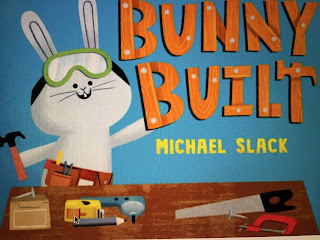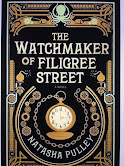What's in a Word?
Argle-bargle. I stumbled across the word as I was searching for something else, and I could hear the brakes screeching in my head as I forgot everything I was doing and contemplated the term. According to lexico.com, it means copious but meaningless talk or writing. Copious but meaningless. Sounds a lot like social media.
It brings to mind the word techno-babble, which I equate with Star Trek, though it has a real life equivalent. The definitions of the word aren’t similar except in my head. Technobabble, or technospeak, is a form of jargon that consists of buzzwords, esoteric language, specialized technical terms, or technical slang that is impossible to understand for the average listener. I will always associate it with the technical and right-sounding flow of meaningless words describing non-existent science from a fictional 22nd through 24th centuries.
Yes, I’m a life-long Trekkie.
Back to the word. Argle-bargle is the kind of word that reminds me what I love about language. I’m always looking for a new way to phrase something, or a new—to me—word either from another language or some new slang, or perhaps even something that stems from a book, movie, TV series or fandom.
There’s one right there. Fandom. There was a time when that term didn’t exist. Language is an ever-changing, ever-growing, ever-adapting thing. It molds itself to the times reinventing itself, morphing to give the people who use it the exact word they never knew they needed at the exact moment when they need it.
Words are food. Words are air. We cannot live without them. We use them to communicate, whether we speak them, write them, or sign them. We use them to speak, to create emails and texts. We use them to write laws, to create signs, and to protest injustice. We use them to define who we are as individuals and as a people.
We use them to create laws, to define rights, to remind us what to pick up at the grocery store, and to tell our friends what we think of the latest bestselling book we just read.
We can be, at times, unable to find the right ones or filled to overflowing with an eloquence that belies our formal educations. Words are a necessary part of us.
All of this writing and all of these words tell us about ourselves as a society. What words do we cherish? What documents are revered? What words are used as weapons—to wound, or to hurt, or to make a soul bleed?
When nothing is left of us, will some future civilization dig up the records of our lives and discover what was important to us and what wasn’t?
If they do, what will they learn? What will they misinterpret? Whatever it is, chances are they’ll record their findings using words of their own.






Comments
Post a Comment